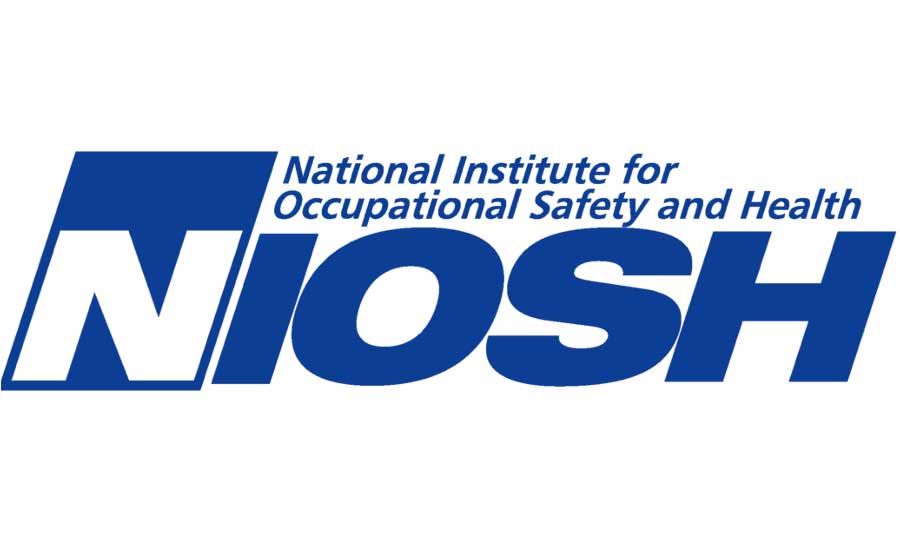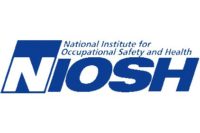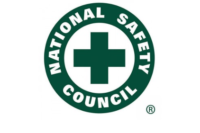From National Institute for Occupational Safety and Health (NIOSH) Director Dr. John Howard:
Our partners are vital in helping NIOSH advance the safety, health, and well-being of America’s workers. By working collaboratively with our partners, NIOSH is able to transfer our research findings into cost-effective solutions to make work safer, healthier, and more productive for workers, employers, and the Nation. With this in mind, we launched a major partnership initiative in 2014, the Total Worker Health® Affiliate Program. The effort brings together academic, labor, nonprofit, and government organizations to advance an integrated approach to protecting and promoting worker well-being. We created the Affiliate program with the hopes of increasing understanding of Total Worker Health (TWH) as an effective strategy to improve worker safety, health, and well-being and attracting collaborators to conduct research, build capacity and train professionals, apply TWH principles in a variety of workplaces, and share promising practices.
The first Affiliates were the Center for Worker Health and Environment at the Colorado School of Public Health, which is now a TWH Center of Excellence; Dartmouth-Hitchcock Medical Center, which continues to be innovative in integrating safety, health, and well-being into its organizational goals; the National Aeronautics and Space Administration (NASA), recognized for its exemplary employee safety and health programs; and Mount Sinai Health Systems, the first Affiliate to be a TWH Clinical Center of Excellence, pledging to provide integrated services to its own workforce and to regional employers and to train its occupational medicine residents in TWH practices. Since that auspicious start three years ago, there are now 26 Affiliates, receiving no federal funding for their efforts, engaging across many arenas of research, intervention, and practice.
NIOSH is proud of our Affiliates and appreciates their initiatives to move TWH into practice in the workplace. Regional Affiliates such as SAIF (the non-profit, state-chartered workers compensation provider in Oregon), the Nebraska Safety Council, Kentucky Department of Public Health, and the Kentucky Injury and Prevention Center, provide consultations and technical assistance that address the specific needs of their regions. Boilermakers International and the Laborers' Health & Safety Fund of North America are labor representative Affiliates that offer safety services and health programming to their members. Organizational membership associations—including the National Safety Council, Agrisafe, and Valley Health Alliance in the Aspen, Colorado, region—share best practices with industry leaders. Trade associations, such as ISSA-the Worldwide Cleaning Industry Association and the Industrial Minerals Association of North America, help us reach large numbers of workers and employers through their nationwide networks. Affiliates may also be nonprofit or governmental organizations that are committed to implementing TWH for their employees, such as the National Security Agency and Eskenazi Health, a large healthcare provider in Indiana dedicated to improving the health of its workers and region. The American Association of Occupational Health Nurses and the American College of Preventive Medicine are examples of Affiliates that provide continuing education and training to professionals interested in TWH. We are also excited about emerging efforts to develop and launch TWH academic certificate and degree programs by our academic Affiliates, including the University of North Carolina, Northern Kentucky University, and Western Kentucky University. And of course, to continue evolving, we need the research and translation activities that are being carried out at research university Affiliates: the University of California–Berkeley (in both the Labor Occupational Health Program and the Interdisciplinary Center for Healthy Workplaces), the University of Michigan, the University of Georgia, and the University of Buffalo.
We ask that Affiliates emphasize organizational interventions preferentially over a focus on individual behavior change interventions, and we encourage a focus on implementing a diversity of workplace policies and programs, including those related to human resources, benefits, and disability prevention and return-to-work supports. TWH emphasizes the importance of addressing the risks in the job itself and improving work-related factors such as scheduling and long work hours, autonomy and flexibility, interactions with supervisors, and access to paid leave.
More information about the NIOSH Total Worker Health Affiliate program is available here. We look forward to strengthening our existing partnerships and to growing new ones as we continue our quest to advance the safety, health, and well-being of all workers.


